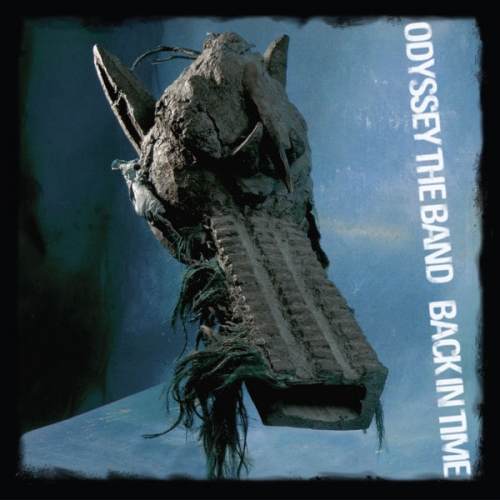Ewan McColl - Songs of Two Rebellions: The Jacobite Wars of 1715 and 1745 in Scotland (Remastered) (2019) [Hi-Res]
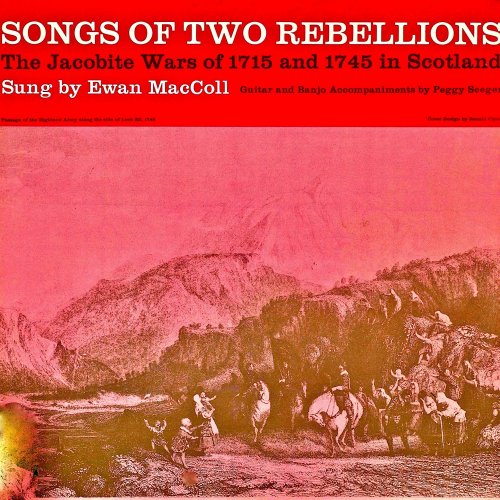
Artist: Ewan McColl; Peggy Seeger
Title: Songs of Two Rebellions: The Jacobite Wars of 1715 and 1745 in Scotland (Remastered)
Year Of Release: 2019
Label: RevOla
Genre: Folk
Quality: 16-bit/44.1kHz FLAC; 24-bit/44.1 kHz FLAC
Total Time: 38:09 min
Total Size: 131; 318 MB
WebSite: Album Preview
His best to date, delivered with respect for the subject matter and sung with gusto. As the man himself said: “What songs they are! Witty, tender, proud, bitter, ribald, delicate, passionate; the songs of a people with a great zest and appetite for life”. Ewan could well have been talking about himself but, of course, he was talking about the proud 18th century Scots, aghast and distraught at the fact that so many of their fellow countryman had been bought and sold for English gold. Ralph Knight, in his excellent liner notes, told the story of the Jacobite rebellions:Title: Songs of Two Rebellions: The Jacobite Wars of 1715 and 1745 in Scotland (Remastered)
Year Of Release: 2019
Label: RevOla
Genre: Folk
Quality: 16-bit/44.1kHz FLAC; 24-bit/44.1 kHz FLAC
Total Time: 38:09 min
Total Size: 131; 318 MB
WebSite: Album Preview
During the eighteenth century, Scotland, like many countries of western Europe, experienced a profound economic, social, religious and political revolution. In the early years of the century she wan an agrarian, politically independent nation; at the end she was heavily industrialized and politically bound to England. The old system of lands worked by the peasantry in feu to the great landowners had been smashed and supplanted by industrial capitalism. The political bond with England had destroyed the traditional "Auld Alliance" with France, that had helped sustain Scotland when she was independent. Great urban centres of trade and manufacturing had developed, and the earlier extreme poverty of the Scottish people had been tempered a little by some prosperity.
Revolution did not occur without bewilderingly sudden changes, harsh reverses, bloodshed, and great suffering. Who can guess what course Scottish development would have taken without the intervention of England? The aim of English policy had always been to dominate Scotland, to use and exploit her people and resources, and, as a necessary prerequisite, to suppress and even destroy her national aspirations and native culture. With the Union of the Parliaments (1707) it seemed that success was finally with England. But Scottish resistance continued to live, resulting in a series of armed rebellions, of which those of 1715 and 1745 were the most important.
These rebellions were conducted by the Jacobites, adherents of James II and his descendents, who took as their first aim in both rebellions the restoration of the Stuarts to the throne of Scotland and England in place of the Hanovers. The Jacobites won the support of large sections of the Scottish people. There were supporters among some merchants whose trade had been ruined by the Union. There were patriotic Scots who longed for complete independence and a return of the French alliance. There were Catholics, mainly in the Highlands, who wanted a return of the Catholic Stuarts.
Nevertheless, the broadest elements of Scottish life failed to support the Jacobites, particularly in the first insurrection. It was an unfortunate fact, but quite understandable considering the time, that the struggle for independence was led by representatives of the old feudal system who could not possibly rally the Scottish people entirely. As a struggle for the national existence, the wars took on nobility of purpose; but as an effort to restore an old system that had been supplanted by a better, they could not unify Scotland. This fact, combined with inferior military leadership and the failure of expected French aid to appear, swiftly doomed the rebellion of 1715.
At Preston five thousand Jacobites, three armies, were surrounded and captured or dispersed. Soon thereafter, the chief Jacobite military leader, the Earl of Mar, led an army toward Stirling, the way to which was barred by the English force under the Scottish Duke of Argyle. They met at Sheriffmuir, near Dunblane, and fought a near draw. But since the Jacobites withdrew, leaving Argyle still barring the way to Stirling, the result was a defeat for the Jacobites. Prince James's arrival In Scotland the next month did nothing to rally the Jacobites, and he slipped away again to France, ending the Fifteen. A brief rebellion flared in 1719, but this was quickly crushed with the defeat of the Jacobites in the Pass of Glenshiels, in Ross-shire.
More than twenty-five years later the greatest rebellion of all occurred - one that came very near success. This began on July 25, 1745, when Prince Charles Edward, son of James, landed in Scotland. Charles was a more forceful figure than his father. He was young and courageous and not without military ability; these attributes helped draw to the cause many Scots who might otherwise have been indifferent. Besides, Bonnie Prince Charlie, unlike his father, came to help lead the military campaigns. Most of the clan chiefs joined him, and in August the Jacobite standard was raised.
Under Lord George Murray, an excellent strategist, the Jacobites marched boldly on Edinburgh and seized the city before the English could prevent them. The English leader, General John Cope, brought his troops into Dunbar; but the Jacobites forced the issue with a fierce dawn attack at Prestonpans, between Edinburgh and Dunbar, and routed Cope and his men. Prince Charles set up court at Holyrood Palace. Against the counsel of some of his advisors, there he wasted a number of weeks while the Hanoverian reorganized.
When the Jacobites finally moved, they invaded England as far south as Derby, but failed to draw the north country to their banner as they had hoped to do. English armies came in pursuit so the Jacobites retreated through the border country, the Lowlands, and back to their mountain glens. This time the English were determined to wipe out rebellion and the spirit of rebellion. The English leader, the Duke of Cumberland, dubbed "The Butcher" by the Scots, led the Redcoats in a campaign of pillage, rape and murder as they drove through Scotland. The last battle was fought at Culloden Moor, near Inverness, where the Jacobites suffered a crushing defeat that ended the Forty-Five.
Whatever may have been the shortcomings of the Jacobite rebellions, or however ingloriously they may have ended, they and Bonnie Prince Charlie, to the Scots, remained as one of the peaks of national life. In the Jacobite songs every battle became a cry against oppression, and every leader wears the aspect of ideal courage, boldness and strength, without blemish. The songs are glorious. Through them the Jacobites have won their rebellions, for the songs exist in posterity, moving us who are so far removed from the events, the causes, and the feelings, of the Fifteen and the Forty-Five; who live in other countries and pursue other destinies.
01. Ewan McColl; Peggy Seeger - Ye Jacobites By Name (Remastered) (1:46)
02. Ewan McColl; Peggy Seeger - Such a Parcel of Rogues in a Nation (Remastered) (2:51)
03. Ewan McColl; Peggy Seeger - Will Ye Go to Sheriffmuir? (Remastered) (1:28)
04. Ewan McColl; Peggy Seeger - Wae's Me for Prince Charlie (Remastered) (3:54)
05. Ewan McColl; Peggy Seeger - Charlie He's My Darling (Remastered) (1:46)
06. Ewan McColl; Peggy Seeger - The Haughs of Cromdale (Remastered) (2:49)
07. Ewan McColl; Peggy Seeger - The Bonnie Moorhen (Remastered) (1:56)
08. Ewan McColl; Peggy Seeger - Johnnie Cope (Remastered) (2:39)
09. Ewan McColl; Peggy Seeger - Came Ye O'er Frae France? (Remastered) (2:12)
10. Ewan McColl; Peggy Seeger - There's Three Brave, Loyal Fellows (Remastered) (2:11)
11. Ewan McColl; Peggy Seeger - This Is No' My Ain House (Remastered) (2:33)
12. Ewan McColl; Peggy Seeger - The Piper O' Dundee (Remastered) (2:13)
13. Ewan McColl; Peggy Seeger - Donald MacGillavry (Remastered) (3:13)
14. Ewan McColl; Peggy Seeger - Will Ye No' Come Back Again? (Remastered) (4:45)
15. Ewan McColl; Peggy Seeger - The Wee, Wee German Lairdie (Remastered) (1:54)
![Eddie "Lockjaw" Davis - Land Of Dreams (1982) [Vinyl] Eddie "Lockjaw" Davis - Land Of Dreams (1982) [Vinyl]](https://www.dibpic.com/uploads/posts/2026-01/1767962313_5.jpg)
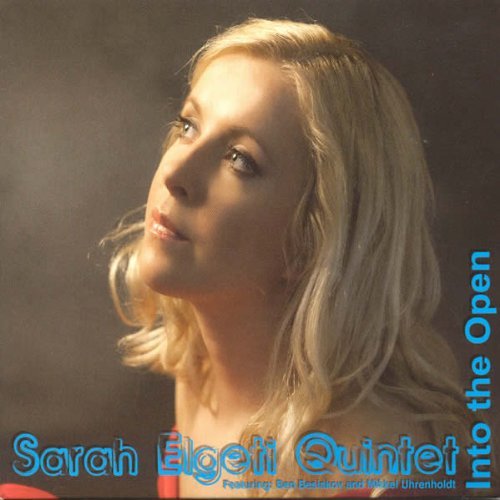
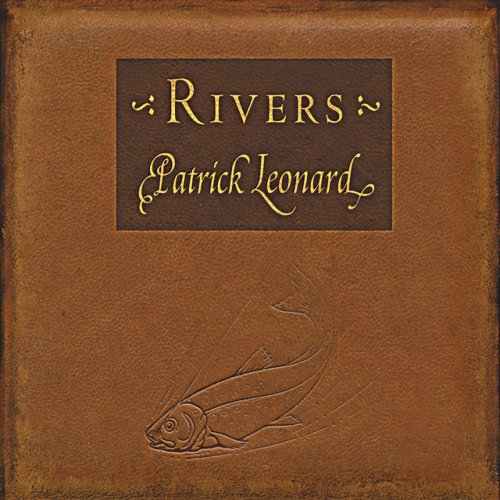
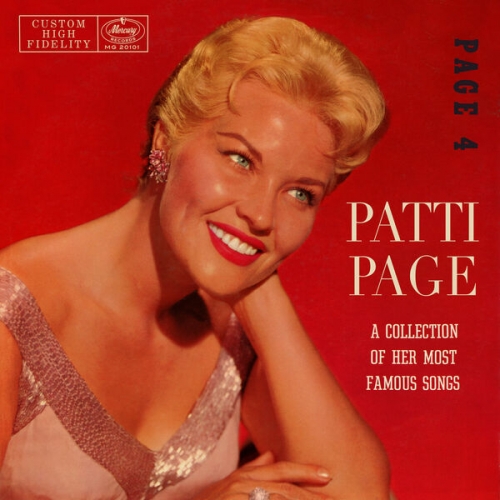
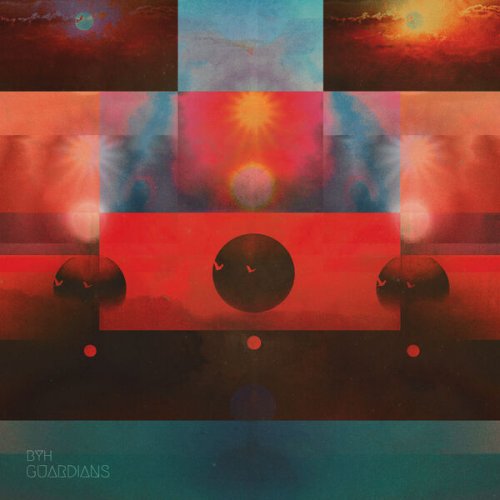
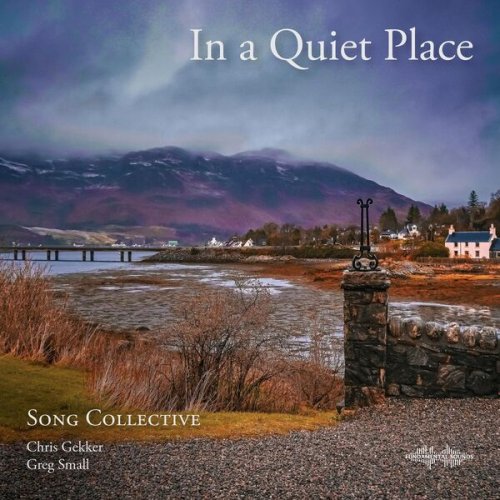
![Maya Delilah - The Long Way Round (Deluxe) (2026) [Hi-Res] Maya Delilah - The Long Way Round (Deluxe) (2026) [Hi-Res]](https://www.dibpic.com/uploads/posts/2026-01/1767893388_cover.jpg)

